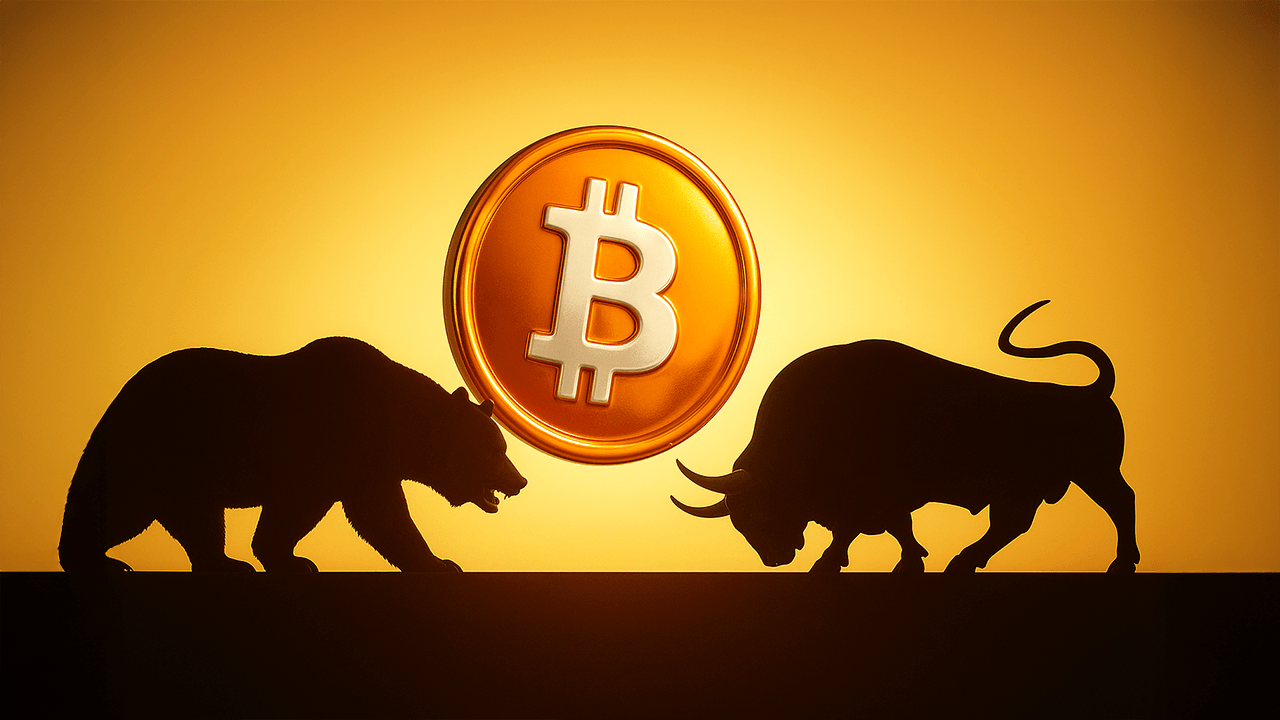Decoding Robert Kiyosaki’s Economic Warnings: A Critical Analysis
The Man Behind the Predictions
Robert Kiyosaki, a name synonymous with financial education, has built a reputation on challenging conventional financial wisdom. His bestselling book *Rich Dad Poor Dad* introduced millions to alternative perspectives on money and investing. Now, as economic uncertainties loom, Kiyosaki’s voice grows louder with warnings about the Federal Reserve, the U.S. economy, and the potential for a catastrophic market crash. His predictions, while controversial, spark important conversations about financial stability and investment strategies.
The Federal Reserve Under Scrutiny
Kiyosaki’s most provocative claim centers on the Federal Reserve’s alleged impending collapse. He argues that the Fed’s traditional tools are losing effectiveness as the world transitions into a new economic era dominated by digital currencies and shifting global power dynamics.
The Fiat Currency Dilemma
At the core of Kiyosaki’s critique lies the Federal Reserve’s reliance on fiat currency—a monetary system not backed by physical commodities. He characterizes this system as fundamentally flawed, arguing that the Fed’s ability to create money at will leads to inevitable inflation and devaluation of savings. This perspective resonates with those who view the current financial system as unsustainable, particularly as national debt levels continue to climb.
The Alleged Treasury Bond Auction Failure
One of Kiyosaki’s most dramatic claims involves a purported failed U.S. Treasury bond auction, which he suggests required the Fed to purchase $50 billion of its own bonds to stabilize the market. While this allegation remains unverified, it underscores Kiyosaki’s broader argument that the Fed is resorting to increasingly desperate measures to maintain economic stability. Whether this specific incident occurred or not, it reflects a growing skepticism about the Fed’s ability to manage economic crises without resorting to unconventional interventions.
The Crypto Revolution as Economic Lifeline
Kiyosaki’s advocacy for cryptocurrencies, particularly Bitcoin, represents a fundamental shift in his investment philosophy. He positions digital assets as essential tools for protecting wealth in an increasingly unstable financial landscape.
Bitcoin: The Inflation Hedge
Kiyosaki views Bitcoin as a critical hedge against inflation and the devaluation of fiat currencies. Unlike traditional assets, Bitcoin operates independently of central banks, making it resistant to the inflationary policies that Kiyosaki believes are eroding the value of the U.S. dollar. His endorsement of Bitcoin aligns with a broader movement toward decentralized finance, where individuals seek to reclaim control over their financial futures.
The Role of Precious Metals
While Bitcoin takes center stage in Kiyosaki’s investment strategy, he also emphasizes the importance of gold and silver. He argues that these traditional safe-haven assets remain undervalued and poised for significant appreciation as inflation rates climb. Kiyosaki’s diversified approach reflects a pragmatic recognition that no single asset class is immune to market volatility, and a balanced portfolio is essential for long-term financial security.
The Looming Economic Catastrophe
Kiyosaki’s warnings about an impending economic crash are not new, but they have grown more urgent in recent years. He attributes this potential catastrophe to a combination of factors, including the Fed’s monetary policies, unsustainable debt levels, and a “rigged” financial system.
The Fed’s Pattern of Intervention
Kiyosaki points to historical precedents, such as the 1987 stock market crash, the 2008 financial crisis, and the COVID-19 economic fallout, to illustrate what he sees as a recurring pattern. In each case, the Fed responded to market instability by injecting massive amounts of liquidity into the system. While these interventions may have provided temporary relief, Kiyosaki argues that they have also exacerbated underlying structural problems, setting the stage for an even more severe crisis.
The Debt Crisis and Its Consequences
The U.S.’s status as the world’s largest debtor nation is a central theme in Kiyosaki’s analysis. He contends that the country’s reliance on debt-fueled growth is unsustainable and that the eventual reckoning will be catastrophic. As the Fed continues to print money to service this debt, Kiyosaki warns that the resulting inflation and currency devaluation will erode the purchasing power of the average American, leading to widespread economic hardship.
Contrasting Perspectives and Financial Realities
While Kiyosaki’s warnings resonate with many, they are not without criticism. Financial experts and economists offer alternative viewpoints that challenge the validity of his predictions and the underlying assumptions that drive them.
The Fed’s Role in Economic Stability
Many economists argue that the Federal Reserve plays a crucial role in maintaining economic stability. They contend that the Fed’s tools, such as adjusting interest rates and implementing quantitative easing, are essential for managing economic cycles and mitigating the impact of financial crises. While these measures may not be perfect, they represent a necessary response to the complexities of modern economies.
The Case for Government Regulation
Some financial analysts emphasize the importance of government regulation and oversight in preventing systemic risk. They argue that relying solely on decentralized assets like Bitcoin could create new vulnerabilities, as the cryptocurrency market remains highly volatile and subject to manipulation. A balanced approach, they suggest, is necessary to ensure long-term financial stability.
Conclusion: Navigating Uncertain Times
Robert Kiyosaki’s warnings about the Federal Reserve and the potential for an economic crash serve as a stark reminder of the uncertainties that lie ahead. His advocacy for alternative assets like Bitcoin, gold, and silver reflects a belief in the need for diversification and financial independence in an increasingly unstable world. While his predictions may not come to pass, they highlight important questions about the resilience of the current financial system and the role of individual investors in shaping their financial futures. Whether one agrees with Kiyosaki’s views or not, his message underscores the importance of financial literacy, prudent investment strategies, and a willingness to challenge conventional wisdom in pursuit of long-term prosperity.











